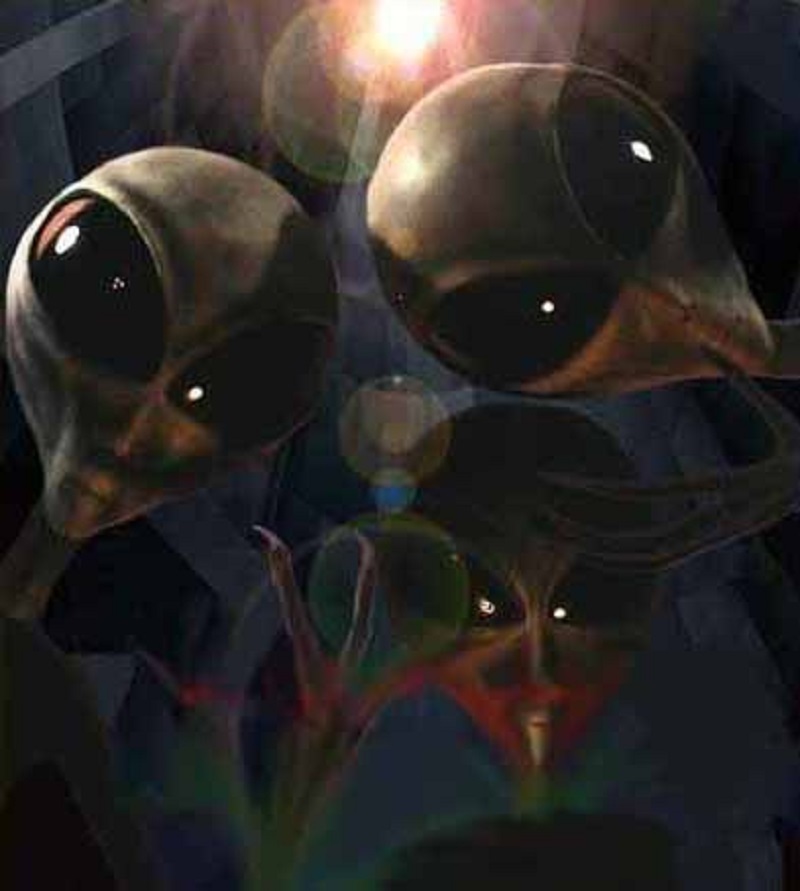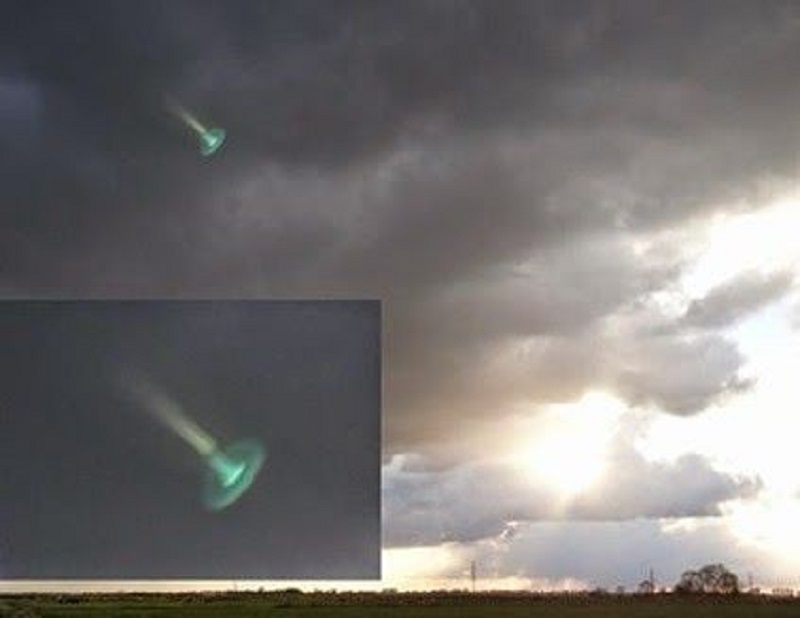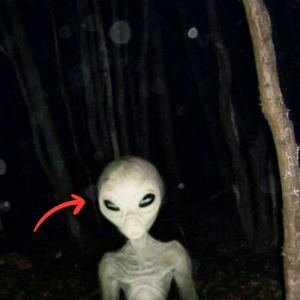The quest to discover extraterrestrial life has captivated our imagination for centuries, and in recent years, the focus has shifted towards exoplanets as potential abodes for alien beings. With thousands of exoplanets discovered beyond our solar system, the search for habitable environments for extraterrestrial life has gained momentum. In this blog post, we will explore the intriguing possibilities of exoplanets and the potential for alien habitability.
I. The Search for Exoplanets

Over the past few decades, astronomers have made remarkable progress in identifying exoplanets, planets orbiting stars outside our solar system. Thousands of these distant worlds have been discovered, each with its unique characteristics. Scientists are now focusing on exoplanets situated within the “habitable zone,” also known as the Goldilocks zone, where conditions might be just right to support life.
II. Factors for Habitability

For a planet to be considered habitable, several factors come into play. These include the right distance from its host star to maintain a stable temperature, the presence of liquid water, a protective atmosphere, and a suitable chemical composition. The potential for life, even in its most basic form, depends on these key elements.
III. Promising Exoplanets
A few exoplanets have emerged as prime candidates for habitability, captivating the attention of scientists and the public alike. Among them, Kepler-442b, Proxima Centauri b, and TRAPPIST-1e stand out. These celestial bodies tick some of the crucial habitability boxes, making them intriguing subjects for further study.
IV. The Myterity of Alien Habitability

Despite the promising progress in identifying potentially habitable exoplanets, the true extent of alien life, if it exists, remains a myterious unknown. The quest for extraterrestrial life continues to be one of the most profound scientific endeavors of our time. With ongoing advancements in space exploration and technology, the possibility of making groundbreaking discoveries in the near future cannot be ruled out.

The exploration of exoplanets and the search for alien habitability represent a journey filled with anticipation and myterity. While our knowledge of exoplanets continues to grow, we have only scratched the surface of the universe’s potential to host extraterrestrial life.
As scientists and astronomers continue their search for habitable exoplanets, we should remember that the quest for alien life is not solely an academic pursuit. It has profound implications for our understanding of life’s place in the universe and the possibility of discovering other intelligent beings. Whether it is a microbial organism on a distant exoplanet or a more complex civilization, the mere idea of alien life challenges our perspectives and invites us to ponder the vastness of the cosmos.
The myterity of alien habitability will persist, but it is the pursuit of answers that fuels our exploration of exoplanets and our quest to uncover the secrets of potential extraterrestrial life.








